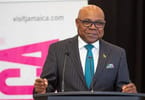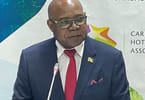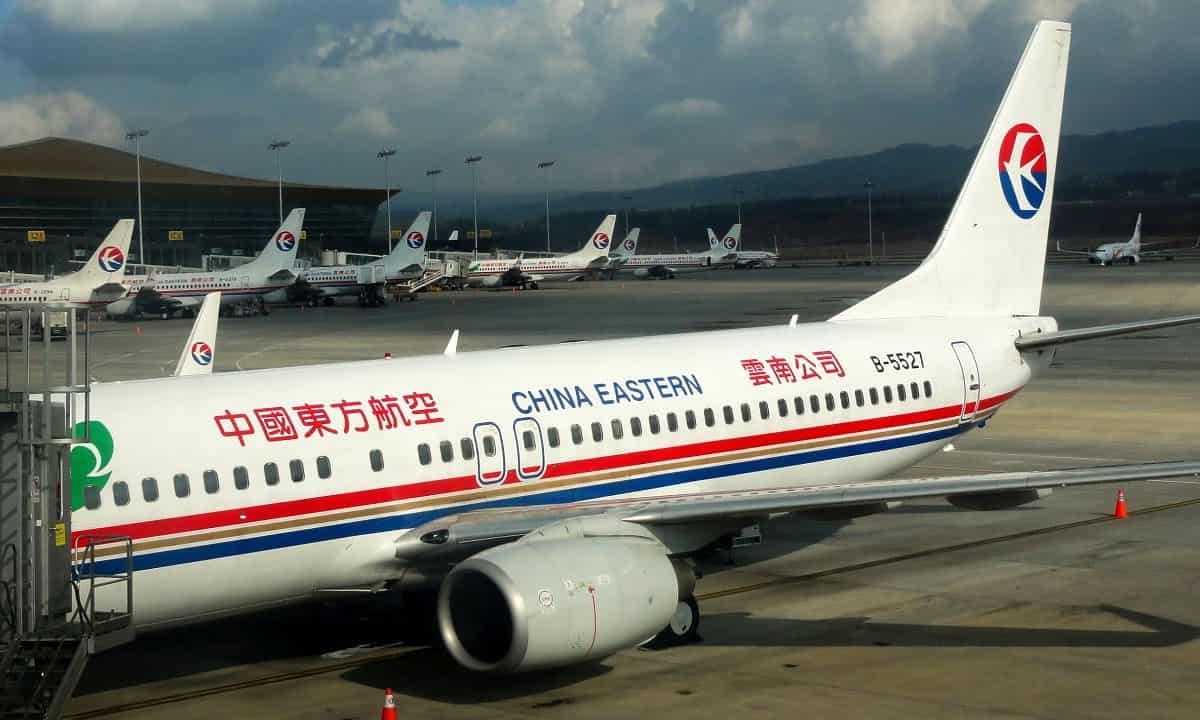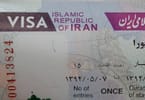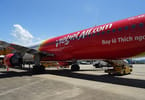According to US lawmakers and travel industry officials, a years-long trend of increased Chinese tourism to the United States hasn’t reached its potential, and policies that may be limiting expansion on both sides should be addressed at the US-China Strategic and Economic Dialogue from July 8 to 12 in Washington.
Chinese tourists spent US$9.2 billion in the US in 2012, up 19 percent from the previous year, the Commerce Department’s Office of Travel and Tourism Industries said in a May report.
While summer visitors stream into the United States from China, travel and tour companies as well as some senators want this fast-growing revenue source included in high-level discussions between the two governments.
“As the first such dialogue under the presidency of Xi Jinping, we ask that you take advantage of this unique opportunity to make travel and tourism a top economic priority in your discussions with your Chinese counterparts,” a group of 12 US senators – nine Democrats and three Republicans – wrote in a letter last week to Secretary of State John Kerry and Treasury Secretary Jacob Lew.
The two high-profile members of President Barack Obama’s cabinet will head the US delegation at the fifth meeting under the Strategic and Economic Dialogue, or S&ED, since its establishment in 2009 by Obama and Hu Jintao, Xi’s immediate predecessor. The Chinese counterparts to Kerry and Lew will be State Councilor Yang Jiechi and Vice-Premier Wang Yang.
The US State Department has said the upcoming S&ED session will address “challenges and opportunities” the countries face on several bilateral, regional and global matters of immediate and long-term economic and strategic interest. Neither it nor the Treasury Department has indicated travel and tourism would be up for discussion.
“The agenda is quite full, but either of the secretaries could raise the issue if he chooses to do so,” Kenneth Lieberthal, a Brookings Institution expert on the S&ED and other bilateral matters, told China Daily.
Lew met with China’s new leadership in March in Beijing, followed a month later by Kerry, and Xi met with Obama for an informal summit on June 7-8 in California. None of these meetings focused on travel and tourism, but a major US travel and tourism industry group said the next S&ED should.
“America’s travel community is grateful to the bipartisan ‘Gang of 12’ travel champions for working to ensure that communities across the country reap the benefits of increased visitation from America’s fastest-growing inbound travel market,” Roger Dow, president and CEO of the US Travel Association, said in a statement. “Attracting more international travelers to the United States from Asia will boost economic growth, create jobs and generate new tax revenue.”
Dow’s Washington-based association projects that travel to the US from China will increase by about 20 percent annually for the next several years. It noted that 1.3 million Chinese tourist visits to the US generated more on average than those from any other nation – over US$7,000 per person per trip.
Both 2011 and 2010 saw year-on-year jumps in Chinese spending of 47 percent, prior to slower growth in China’s economy. The country remains the fastest-growing source of inbound US travelers, its spending is No 6 among foreign tourists and it’s on track for double-digit spending growth this year, according to the Commerce Department.
In their June 20 letter, the senators – including Majority Leader Harry Reid – said prospects could be even brighter if the US further loosened policies for Chinese seeking US travel visas. The US Travel Association said the nearly 2 million Chinese visits expected in the US this year represent a relatively small share of China’s outbound tourism market, which the central government expects will reach 200 million visits in 2020.
The senators urged Kerry and Lew to work to improve visa-processing times at US consulates in China, and to extend visa validity for Chinese visitors to five years from the current one-year limit while permitting multiple entries. They also called for changes to the 2007 US-China agreement on civil air transportation so that direct flights between the countries can be doubled, and they pushed for a new “open skies” agreement to eliminate numerical caps on flights.
The Obama administration has made travel and tourism a focus of its initiative to increase US exports and the jobs and industries they support. In 2011, the last full year for which data are available, Chinese visitors’ spending supported some 53,000 jobs across the US.
Senator Mazie Hirono of Hawaii, one of the letter’s signers, has submitted an amendment to immigration legislation now before Congress that would add residents of Hong Kong to a waiver program allowing visa-free travel to the US. (Taiwan was added to the waiver list in November.) It’s unclear if her amendment will pass, given US officials’ anger over the decision by Hong Kong authorities to let former National Security Agency contractor Edward Snowden leave the city despite a US request for his arrest on espionage charges.
WHAT TO TAKE AWAY FROM THIS ARTICLE:
- According to US lawmakers and travel industry officials, a years-long trend of increased Chinese tourism to the United States hasn’t reached its potential, and policies that may be limiting expansion on both sides should be addressed at the US-China Strategic and Economic Dialogue from July 8 to 12 in Washington.
- The US Travel Association said the nearly 2 million Chinese visits expected in the US this year represent a relatively small share of China’s outbound tourism market, which the central government expects will reach 200 million visits in 2020.
- The senators urged Kerry and Lew to work to improve visa-processing times at US consulates in China, and to extend visa validity for Chinese visitors to five years from the current one-year limit while permitting multiple entries.






